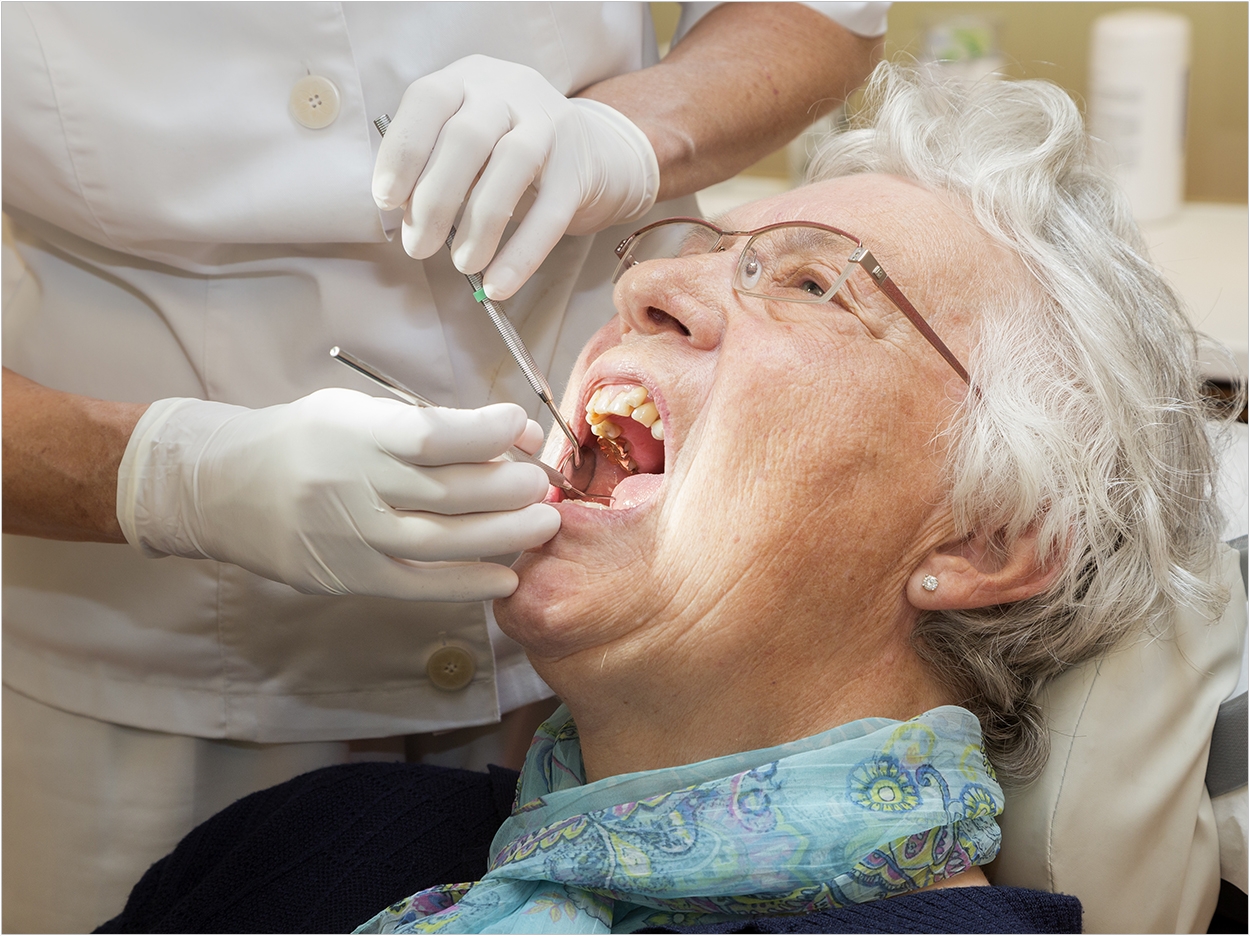
Following the release of A State of Decay, Volume IV, a state by state analysis of the oral health of adults age 65 and older, Oral Health America (OHA) is introducing its State Spotlight series to share the actions and strategies of invested state oral health stakeholders working to improve the oral health of older adults.
A State of Decay, Volume IV, gives a rating of poor, fair, good, or excellent based on state-level data analyzing six variables impacting older adult oral health: severe tooth loss (loss of six or more teeth), dental visits, adult Medicaid dental benefits, community water fluoridation, state oral health plans, and basic screening surveys.
For the first time, A State of Decay, Volume IV, adds a national analysis of the Centers for Disease Control and Prevention’s individual data on severe tooth loss and recent dental visits by considering associations with sociodemographic factors.
With an expected 72.1 million seniors living in the United States by 2030, A State of Decay, Volume IV, illustrates progress in some areas and the need for continued action to ensure America’s rapidly growing population of seniors age healthily and independently, OHA reports.
OHA interviewed stakeholders in California, Alabama, Mississippi, Arkansas, and Iowa to report on the efforts that couldn’t be captured by the six variables and learned how states are taking creative approaches to improve the oral health outcomes of older adults, OHA says.
For example, Mississippi ranked last in the latest report, but it is working across various public health departments to promote a culture of health and raise awareness or oral health’s systemic link to chronic diseases.
And while Arkansas has fallen in the rankings in the latest report, OHA believes recent improvements won’t keep them there for long. The Delta Dental of Arkansas Foundation took the state’s community water fluoridation rate from average to stellar in a short amount of time, for instance. Plus, OHA cites interprofessional collaboration and education among providers, families, and caregivers reducing barriers to care for aging Arkansans.
Related Articles
Oral Healthcare for Senior Citizens Still Requires Improvement
Older Americans Still Face Barriers in Oral Healthcare
Strategies Aim to Improve Oral Health for Older Adults












